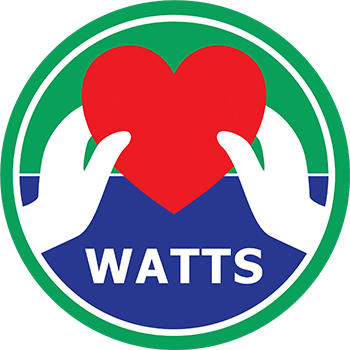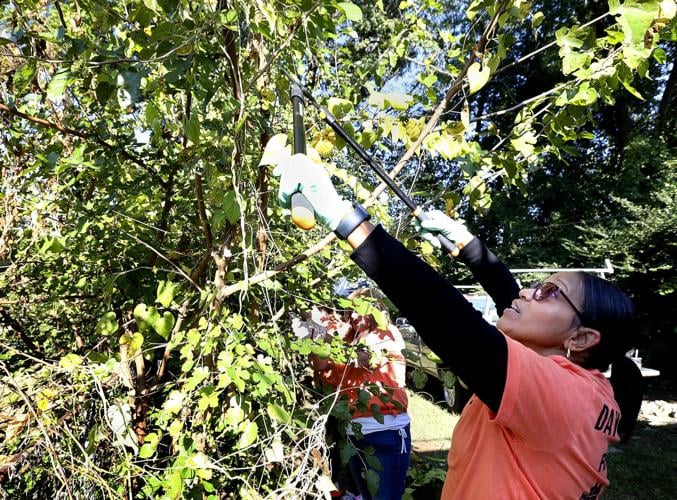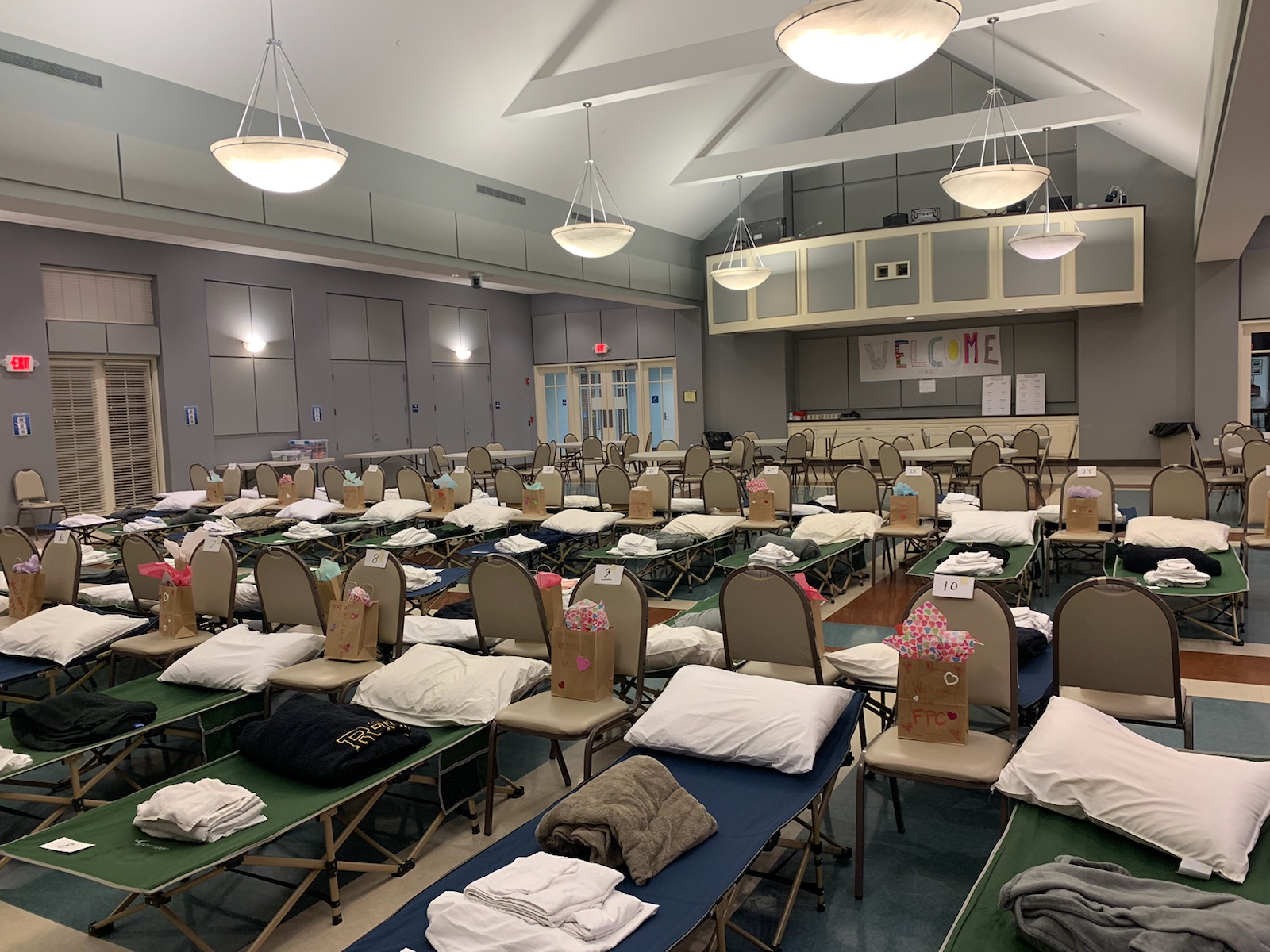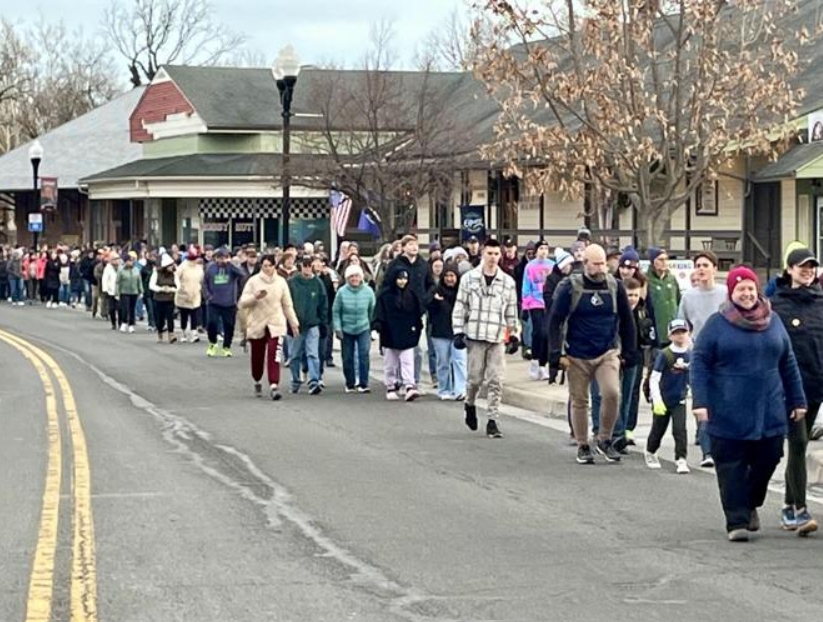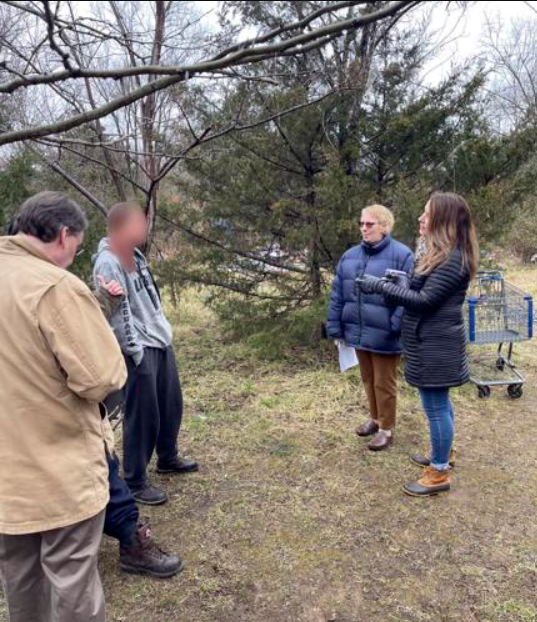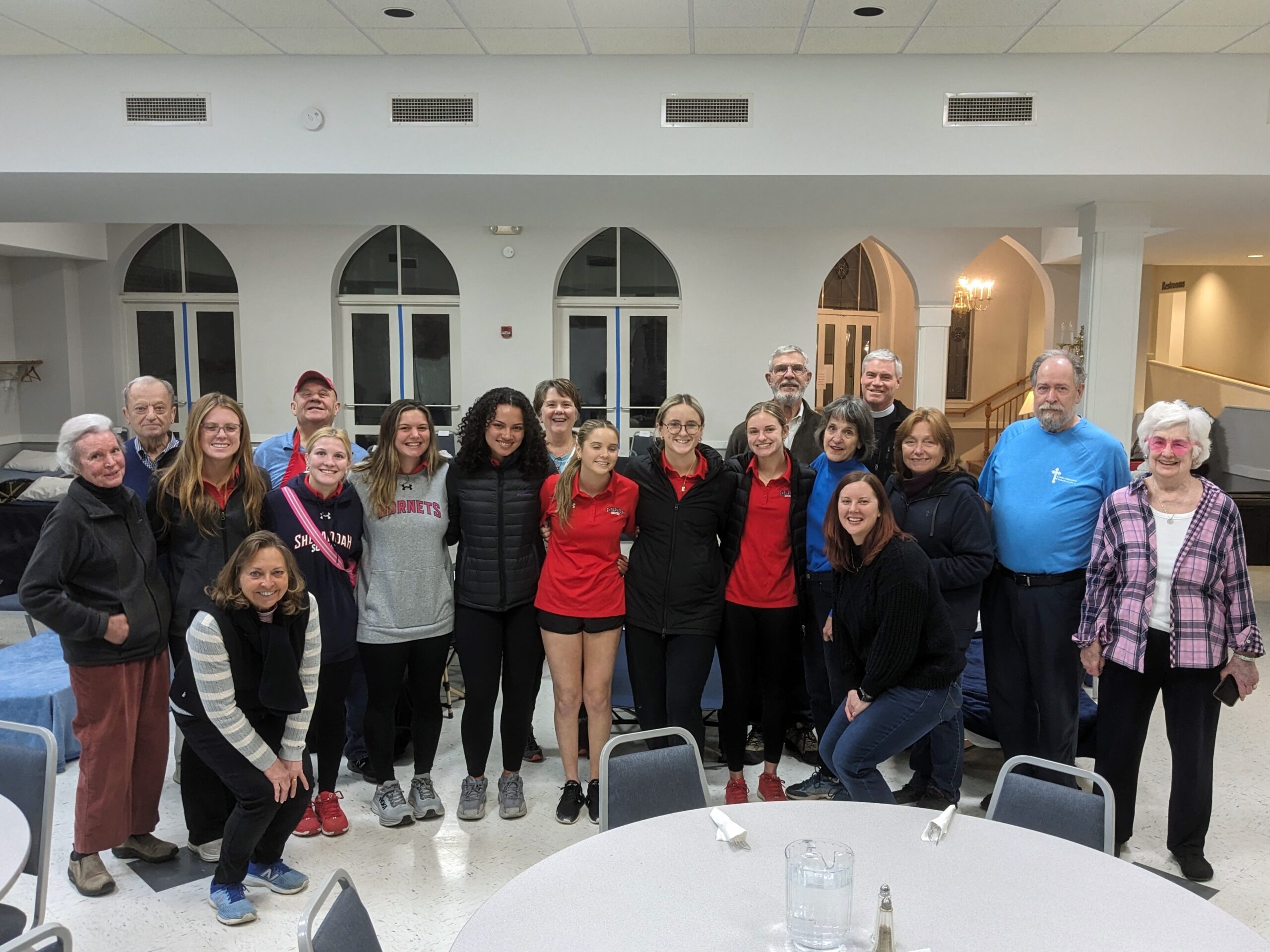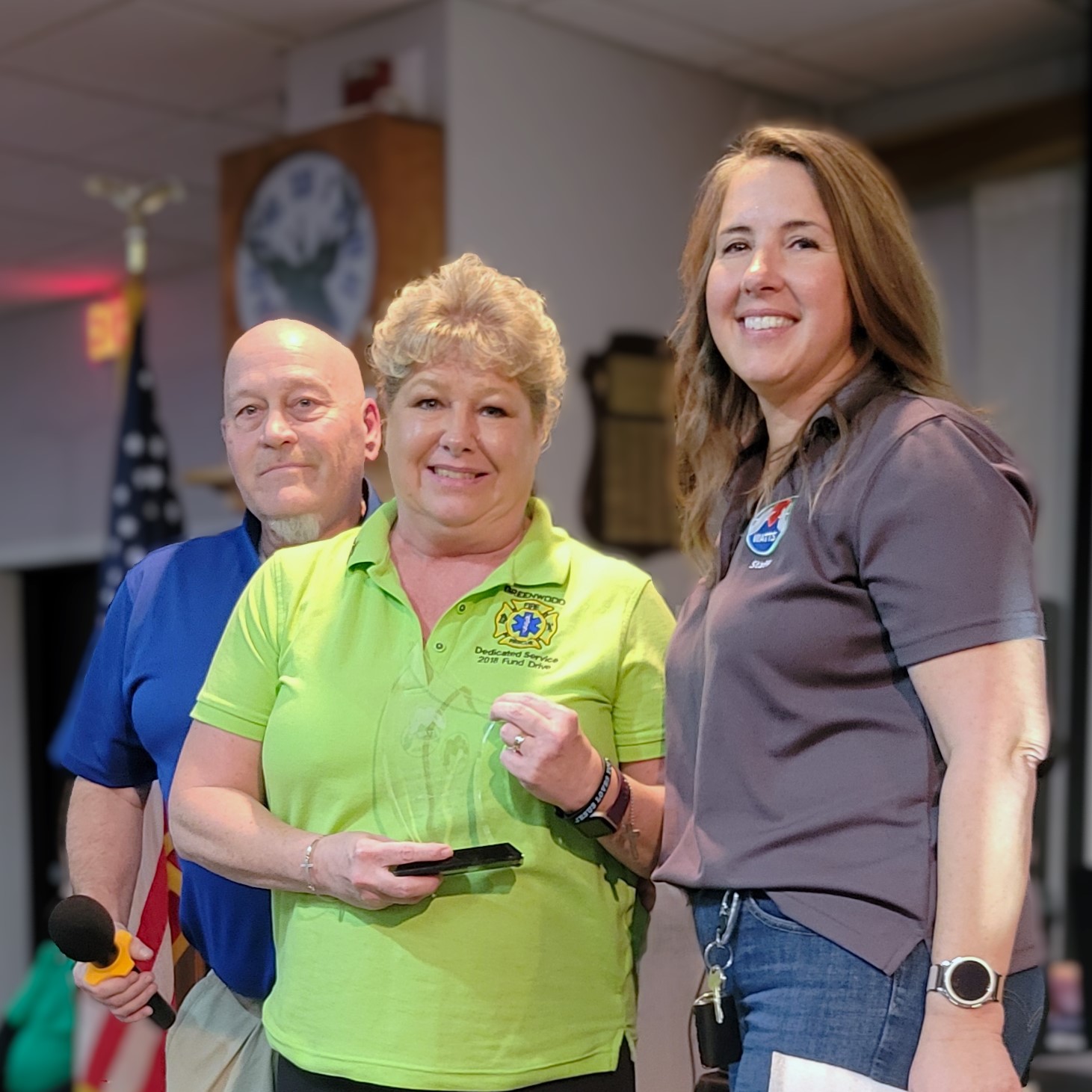The nonprofit Winchester Area Temporary Thermal Shelter (WATTS) is gearing up for one of the cheesiest fundraisers imaginable.
Cheesin’ for a Reason, WATTS’s inaugural grilled cheese and tomato soup extravaganza, will be held from 11 a.m. to 5 p.m. Saturday in the central portion of the Loudoun Street Mall in Winchester.
It’s a novel event that WATTS board president Mike Ashby said he borrowed from nearby Strasburg, where he lives.
“They’ve been having one since 2017,” Ashby said, referring to the annual Grilled Cheese and Tomato Soup Festival sponsored by the group Discover Strasburg. “It’s so well-received. I mean, they sell 1,200 tickets and they’ve sold out for five years in a row.”
The Strasburg event, the most recent of which was held on Saturday and included Ashby as a volunteer, has become so popular that tickets traditionally sell out in a matter of hours.
“You have to actually line up in person [to purchase tickets] and they still sell them out in a day,” Ashby said.
Following the philosophy of “if it ain’t broke, don’t fix it,” WATTS, which provides meals and temporary shelter for people experiencing homelessness, is replicating Strasburg’s festival and bringing it to downtown Winchester.
“He (Ashby) brought it to me and I thought it was perfect because this is one of my guests’ favorite meals, and we’re always trying to figure out ways to help the downtown businesses and attract people to Winchester,” said WATTS Executive Director Robyn Miller.
Cheesin’ for a Reason will feature 10 local food vendors — Fleur de Lis Cheese Shop, Water Street Kitchen, Sexi-Mexi, Billy Sous, Red Fox Creamery, T.T. Wall’s, Espresso Bar and Cafe, Manolete’s Cocina Gourmet, Knead Bread, and Potato Sensations — preparing their own variation of a traditional comfort meal of grilled cheese and tomato soup.
Attendees will be able to enjoy tastings from all 10 vendors, then vote for their favorite to determine which is the cheesiest of the bunch. Awards will be presented for best sandwich, best soup and best combination of the two.
Along with the soups and sandwiches, Cheesin’ for a Reason will include a scavenger hunt for families involving several downtown shops: Thinker Toys, Abija Blue, Faire Isles Trading Co., Winchester Book Gallery, Exotic Himalayan Handicrafts and Handworks Gallery.
And what will people be searching for?
“We have these little rubber poops,” Miller said, explaining that the items are a nod to event sponsor Johnny Blue, a portable toilet provider in Frederick County. “They need to find those poops and, when they’re done, they win a prize.”
Other family activities during Cheesin’ for a Reason include performances by the Ryan Jewel Band (11:30 a.m.-1:45 p.m.) and Raised on Analog (2:15-5 p.m.), a DJ, magician Kevin Owens, as well as balloon animals, face and hand painting, and about 20 craft vendors selling their wares.
“It is a community, fun-filled event,” Ashby said.
Cheesin’ for a Reason will include three two-hour serving windows starting at 11 a.m., 1 p.m. and 3 p.m., and attendees will only be granted entrance during their chosen timeframe.
Tickets to each serving cost $20 for adults and $10 for children 12 and under, and can only be purchased online at https://bit.ly/4nC4I4P. If that link doesn’t work for you, ticket sales can also be accessed through WATTS’s Facebook page at facebook.com/helpWATTS. No tickets will be sold at the gate.
All money raised will support WATTS’s mission to keep the homeless safe during the cold weather months. Miller said the nonprofit started offering evening meals and overnight accommodations on Saturday, and its warming center at Montague Avenue United Methodist Church in Winchester will open on Dec. 1.
“The warming center is a place to come inside and charge your phones, take a shower and get something to eat,” Miller said. “It operates from 7 [a.m.] to 1 [p.m.] unless there’s really inclement weather, and then we’ll stay open the entire day.”
The overnight shelter provided by WATTS is held at several participating churches that volunteer to accommodate at least 35 guests for one week at a time. The shelter schedule and locations are available at watts-homelessshelter.org. WATTS has a bus to provide transportation to each week’s shelter location for clients at no cost.
“More people keep arriving every day as they realize we’re out there,” Miller said on Monday of the overnight accommodations, which this week are being provided by Stephens City United Methodist Church. “It’s been a lovely, grateful group of people.”
Original article: https://www.winchesterstar.com/winchester_star/watts-is-getting-cheesy-for-its-next-fundraising-event/article_ba83d2b5-f284-5611-9e09-4e5c0dbe0be9.html
